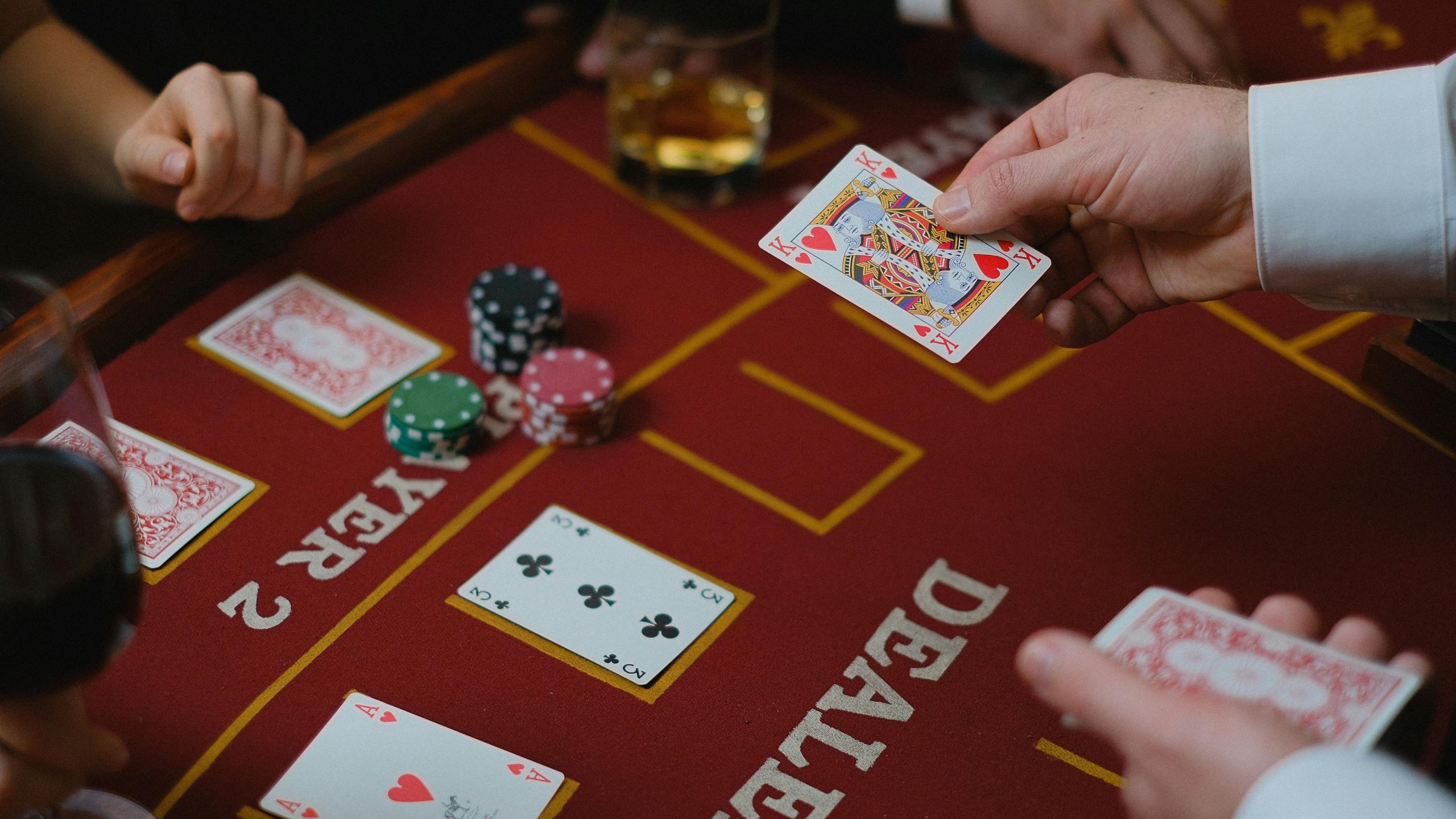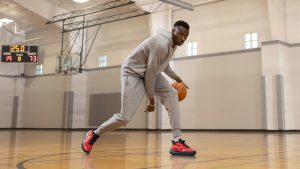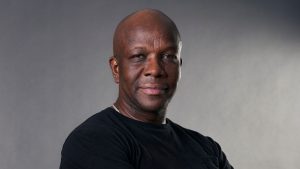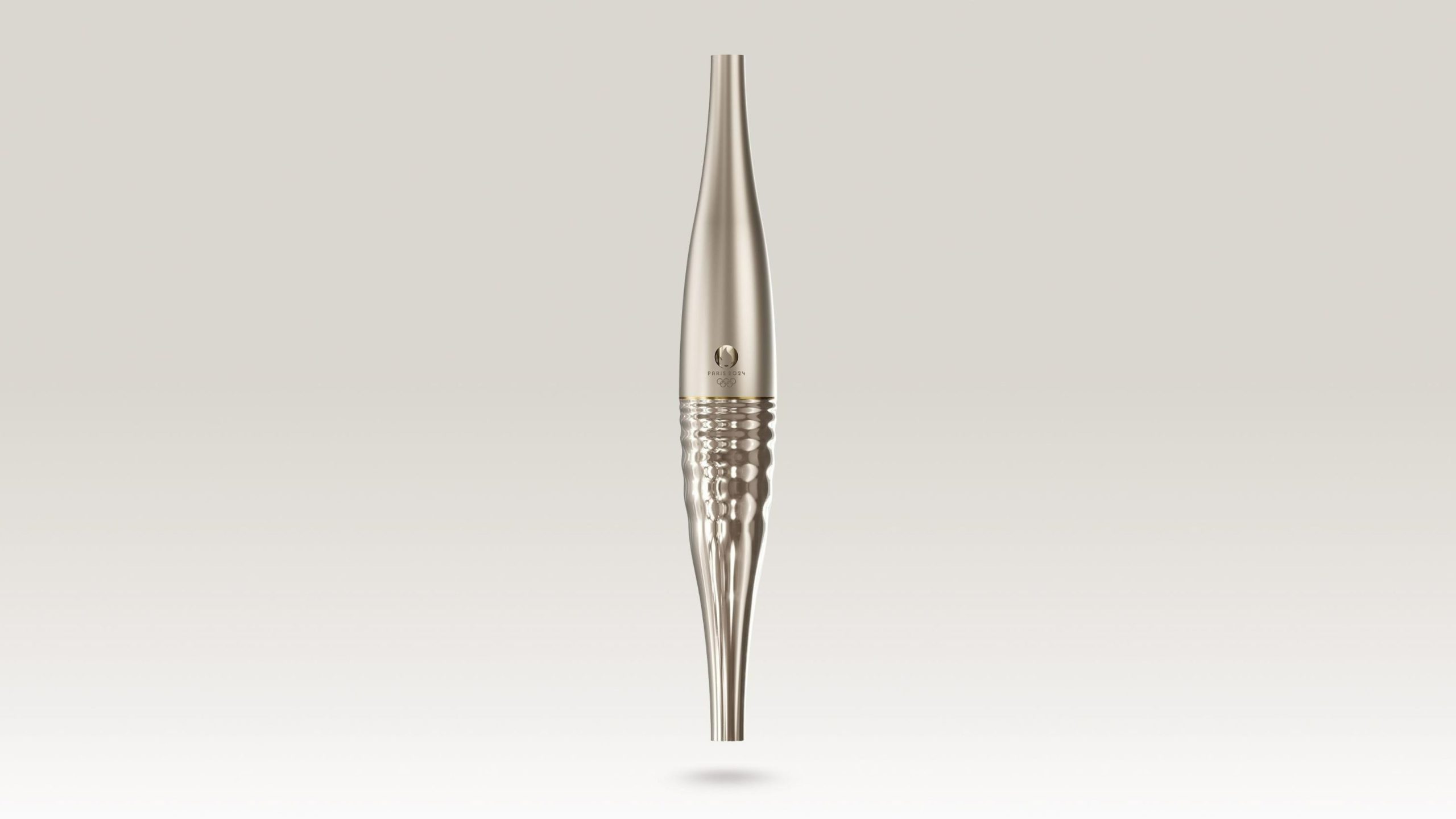Former Big Brother Canada contestant Arlie Shaban was a major fan-favourite among viewers of the hit Global TV series when he made an impressive run during the show’s second season. But after losing the game in a surprise double eviction, he’s found another kind of popular success in a different sort of high-stakes competition: professional poker. Now one of the top Canadian stars on the pro circuit, Shaban plays in world-class tournaments and streams his online games to dedicated audiences, showing what made him such a fan-fave to begin with.
GLORY Media had the opportunity to sit down with Shaban at the PokerStars European Poker Tour in Barcelona to learn more about the game and get first-hand insight from a top pro. How can an amateur player get better? This is his advice.
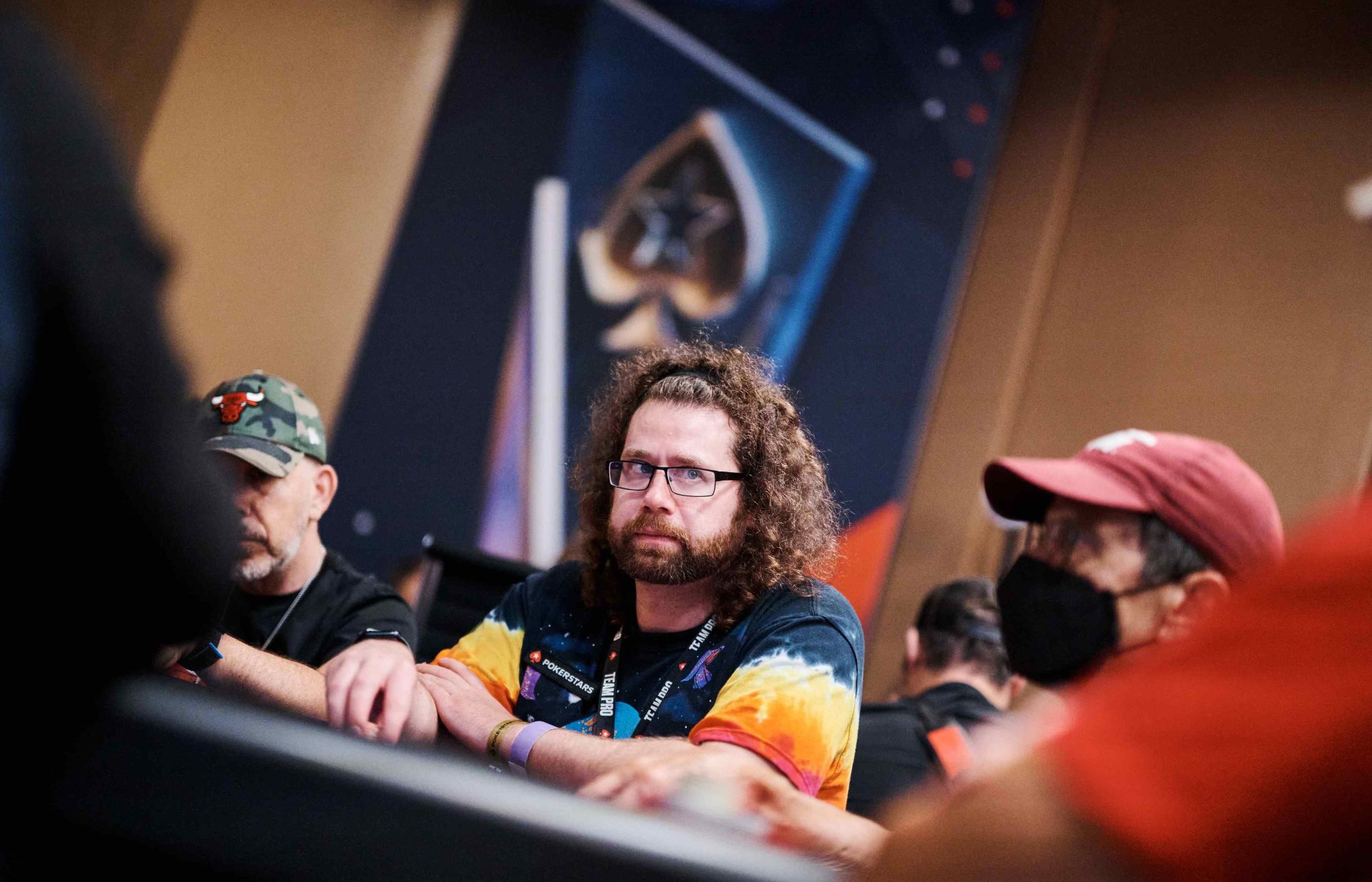

What are some of the most common mistakes you see among amateur poker players?
Arlie Shaban: The biggest mistake amateurs make, and that I personally made as an amateur, is that when you see a move that you think is bad, you automatically label it as stupid instead of trying to figure out that play. I used to think that when players did something that I thought was dumb, I thought that they sucked. When usually, when I look back, they were good players but using a skill that I didn’t have in my arsenal.
What explains that tendency? Why do we do it?
Arlie Shaban: It’s overconfidence. You’re thinking you know what you’re doing but no one knows what they’re doing unless they’ve studied.
When did you personally develop that level of overconfidence and what made you realize the truth?
Arlie Shaban: I thought I was good because I was better than my friends. But my friends were terrible. I didn’t realize that until I played against pros. Then I had to learn poker and study the game.
So for those of us who are starting to realize that we need to learn, where can we start? What should we study?
Arlie Shaban: The very first thing you should ever try to learn is pre-flop hands. Just like, you need to know when you should be folding, what cards, what stack size, in what position. If you don’t have that base to the game tree you can’t branch out, you can’t get through all of it without that. The way to overconfidence is to study, and the first thing to study is pre-flop.
Are there some good resources for this?
Arlie Shaban: There are charts online created by dozens of top pros. You can look at any of them.
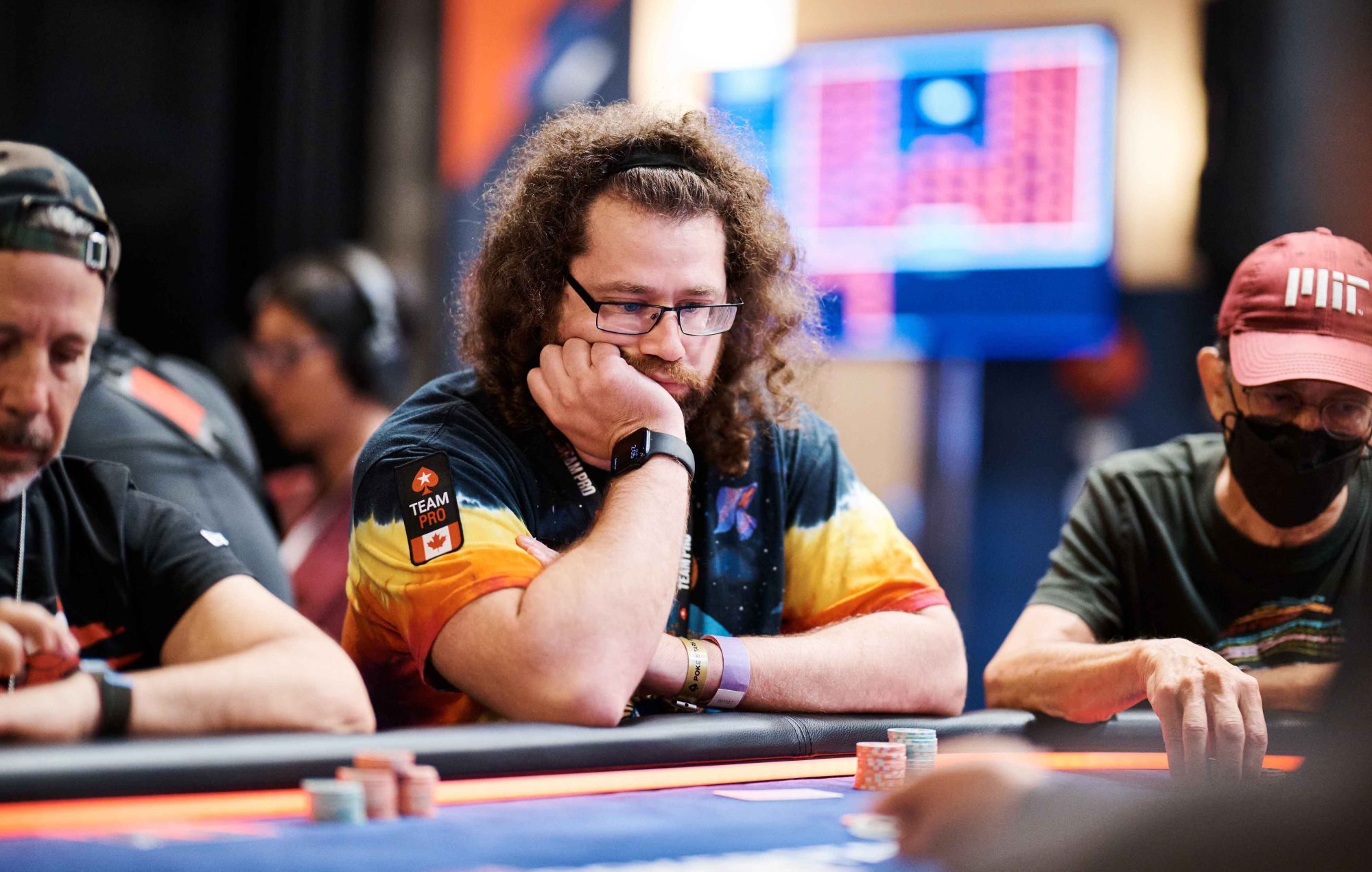

How can an amateur player tell that it might be time to try to play professionally? What are some indications that it might be worth taking a shot?
Arlie Shaban: If you’re beating your friends and winning in small home games, maybe take some of the money from that and play in some bigger field games, where you’ll encounter some pros. Some players are naturally gifted—it’s rare, but you won’t know unless you play against some more serious players. Jump on Pokerstars and see how it goes.
For people playing in a tournament like this for the first time, what are some tips for doing well? Should it be approached differently than a home game?
Arlie Shaban: I think they should approach it similarly. You might get in your head because it’s no longer at your buddy’s basement. You get nervous, because there’s a dealer there, you might make some mistakes. I make mistakes live all the time. When you’re new, that stuff will definitely happen. Don’t let anything like that throw you off. Just go like you’re playing with your buddy’s—don’t make any big changes or adjustments. You don’t have to pull any tricks out of the bag. Play the game that you’re comfortable with.
You often hear about playing conservatively versus playing aggressively in poker — betting little or betting often and a lot. Is one better than the other?
Arlie Shaban: The way poker works is that well-timed aggression gets paid off in the long run. The blinds will always go up. So if you act before the blinds go up, you will make more money than the guy who waits for the blinds. If a good pro is playing aggressively and another pro is playing tight, the aggressive guy will win more times in a hundred than the conservative guy.
Why is that?
Arlie Shaban: If you flip a coin five times, it might land heads every time. If you flip a coin a thousand times, it will never land on heads every time. The larger the sample size, the more it will tend to the actual number.
So poker is really about luck?
Arlie Shaban: Luck is huge. You will not win a big poker game without luck. You could be dealt aces and they could be dealt kings. Luck is massive and always comes into play in poker. So does playing unlucky. There are days and weeks when you will get run over — and you need to get over that mentally. Because statistically, like the coin flips, it will work out eventually.


